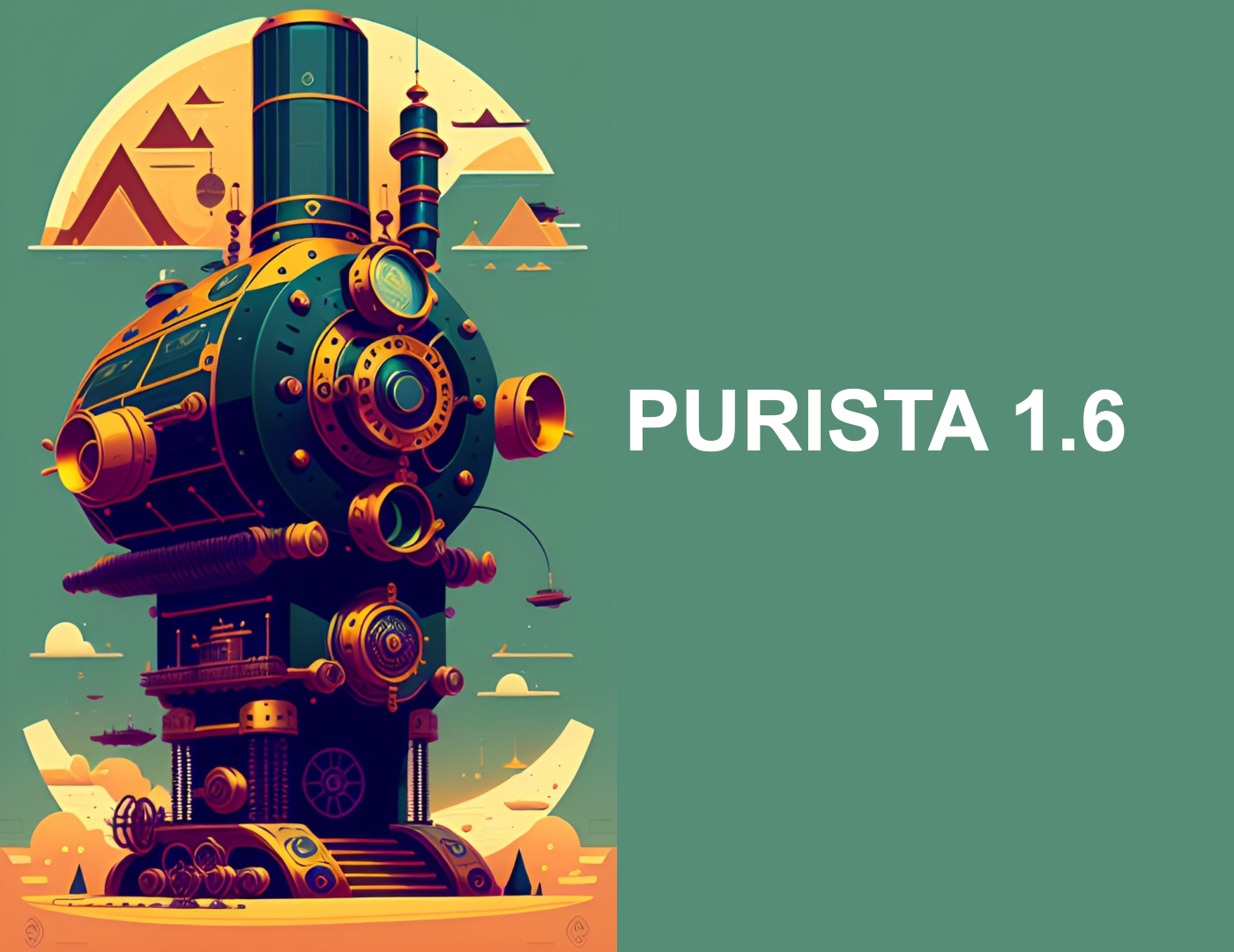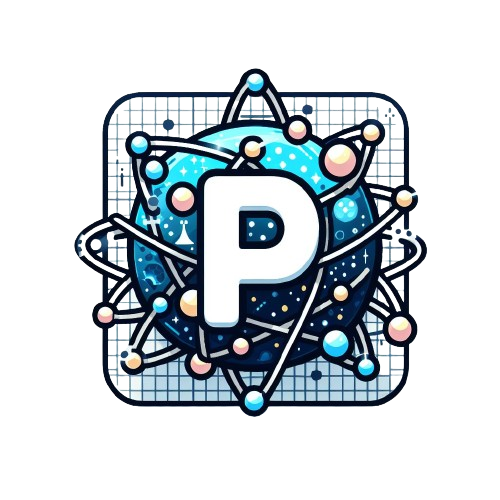Version 1.6

On the other hand, Dapr support has now been added for cloud environments. This not only includes simple deployments and usage of the core event functionality. The new Dapr SDK also provides integration of state, config, and secret stores via Dapr.
PURISTA now requires Node version >= 18.15. Also, the provided PURISTA packages no longer contain source map files, resulting in a much smaller size.
A very common task is to build an HTTP adapter and call external REST APIs. For such a task, the new base class HttpClient is available, which is based on the native fetch function. Error handling, JSON decoding, timeout handling, and OpenTelemetry support are built in.
In addition, there are a bunch of improvements regarding types, and configurations, and some bugs have been fixed.
MQTT event bridge
By providing the MQTT event bridge, PURISTA is making a huge step into the IoT and edge device area. The MQTT bridge is based on the MQTT 5 protocol, which makes it possible to provide nearly the same functionality as on other event bridges.
Dapr SDK
The SDK for Dapr includes an event bridge and adapters for config, secret and state stores. This allows an easy integration into the Dapr infrastructure without touching the business logic.
Http client
The core package has some new nice helpers. With the HttpClient class, it is possible to build HTTP-based clients quickly & easily.
The HttpClient is based on Node.js native fetch.
Example:
import { HttpClient } from '@purista/core'
type LoginResponse = {
token: string
}
const main = async () => {
const client = new HttpClient({
baseUrl: 'http://example.com',
defaultHeaders: {
'content-type': 'application/json; charset=utf-8',
},
})
const loginCredentials = {
username: 'user',
password: 'secret_thing',
}
// to a POST request to receive a bearer token
const loginResponse = await client.post<LoginResponse>('/login', loginCredentials)
// set the bearer token for all following requests
client.setBearerToken(loginResponse.token)
// make a GET request with bearer token set in header
const restrictedResponse = await client.get('/restricted/path')
// log the response from a protected route
console.log(restrictedResponse)
}
main()Improvements
This release contains a lot of improvements. By default, HTTP compression is enabled in the Dapr event bridge and the Kubernetes webserver. Configurations are now more flat to avoid too much nested parameters.
Dependencies have been updated to recent versions. Because of this, the plugin @anatine/zod-openapi was replaced by an internal variant. A lot of unit and integration tests have been added to the project.
Shout out
A special "Thank You!" to the contributors and developers of:
Thanks for your cool stuff and your help - I appreciate it!
